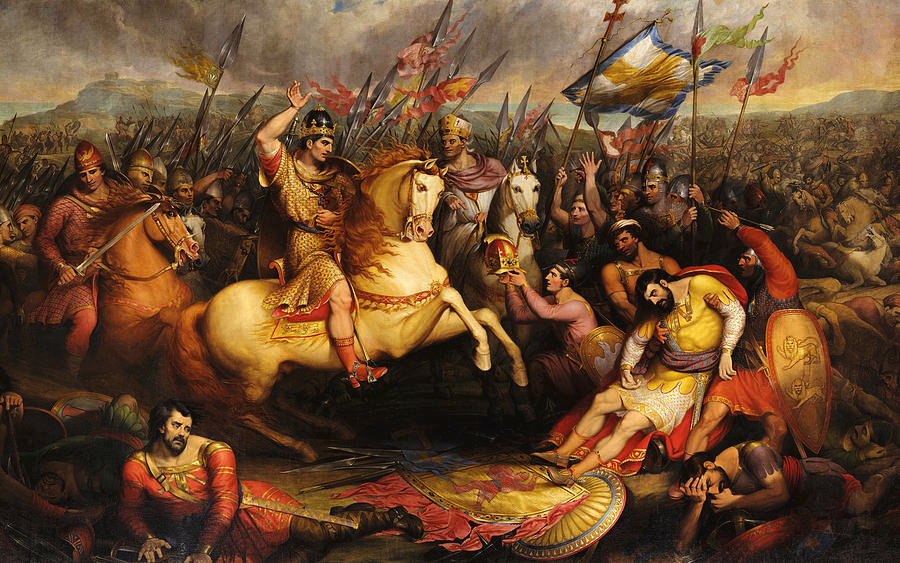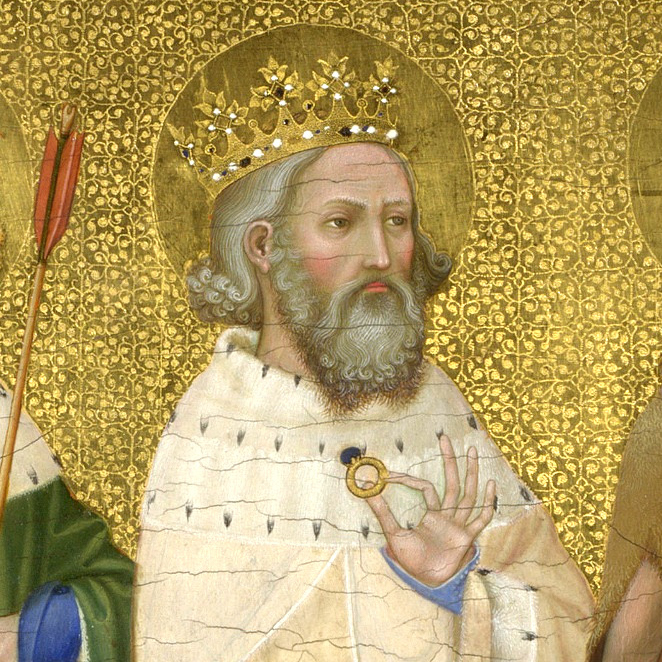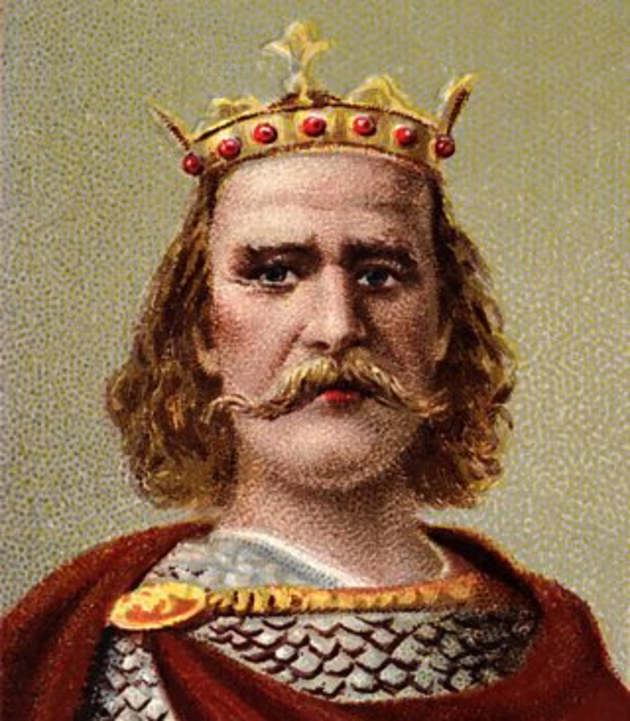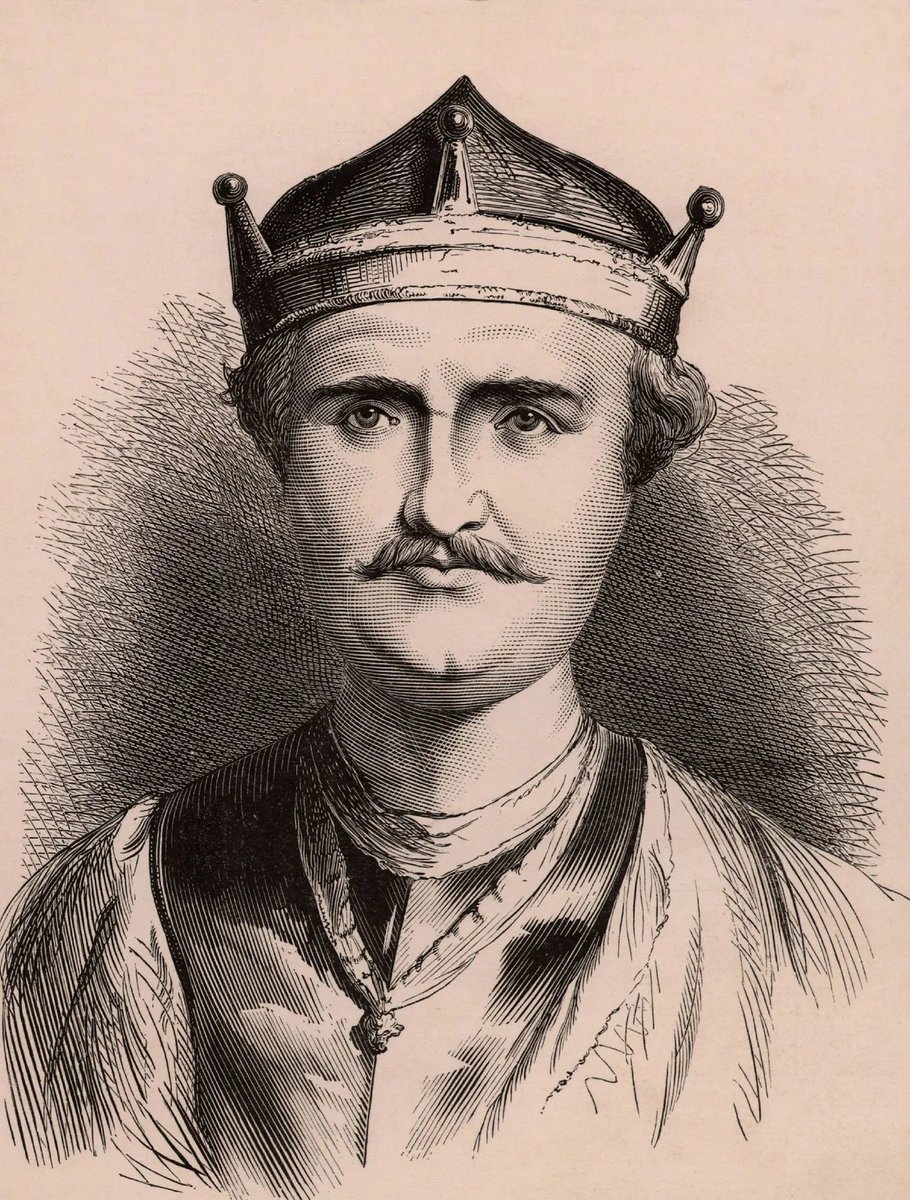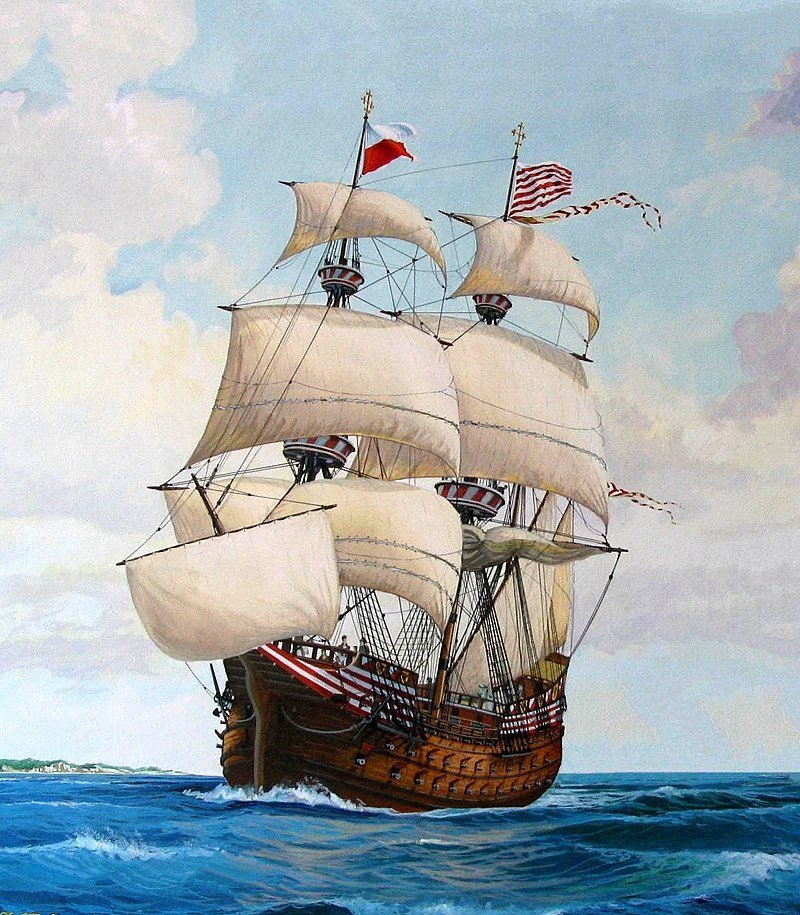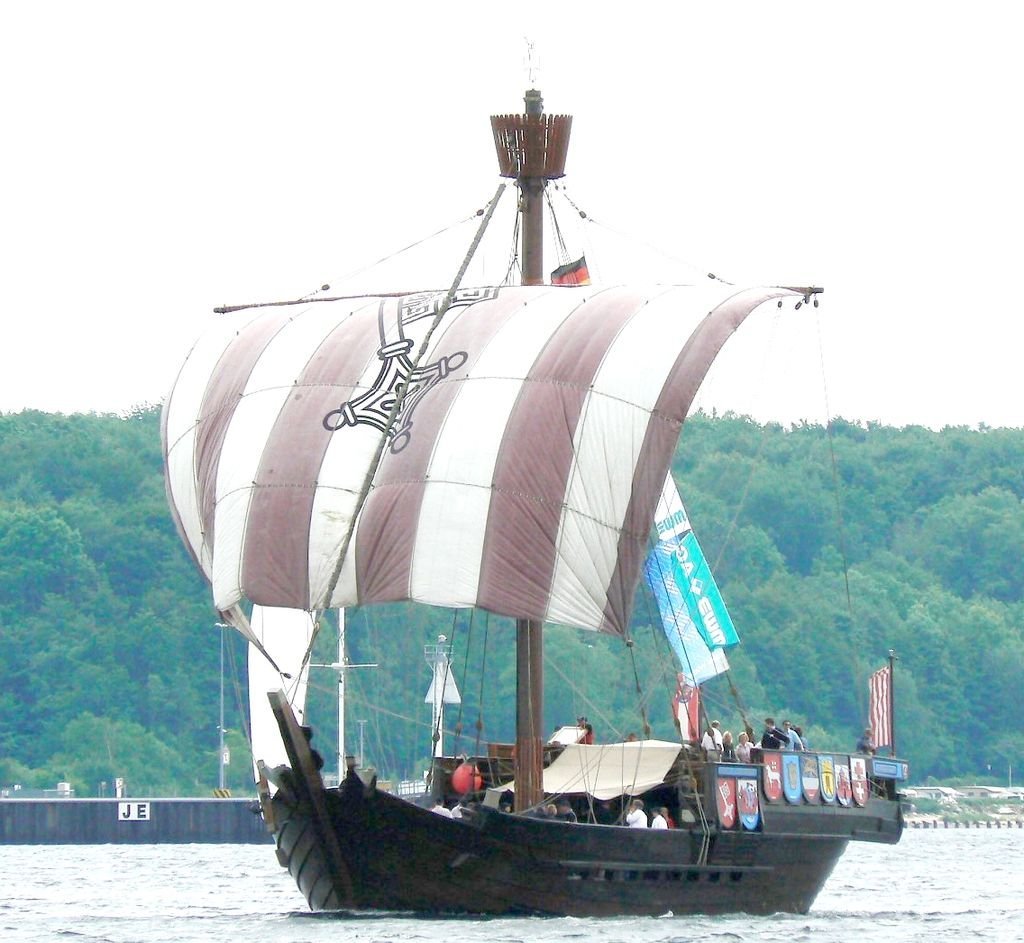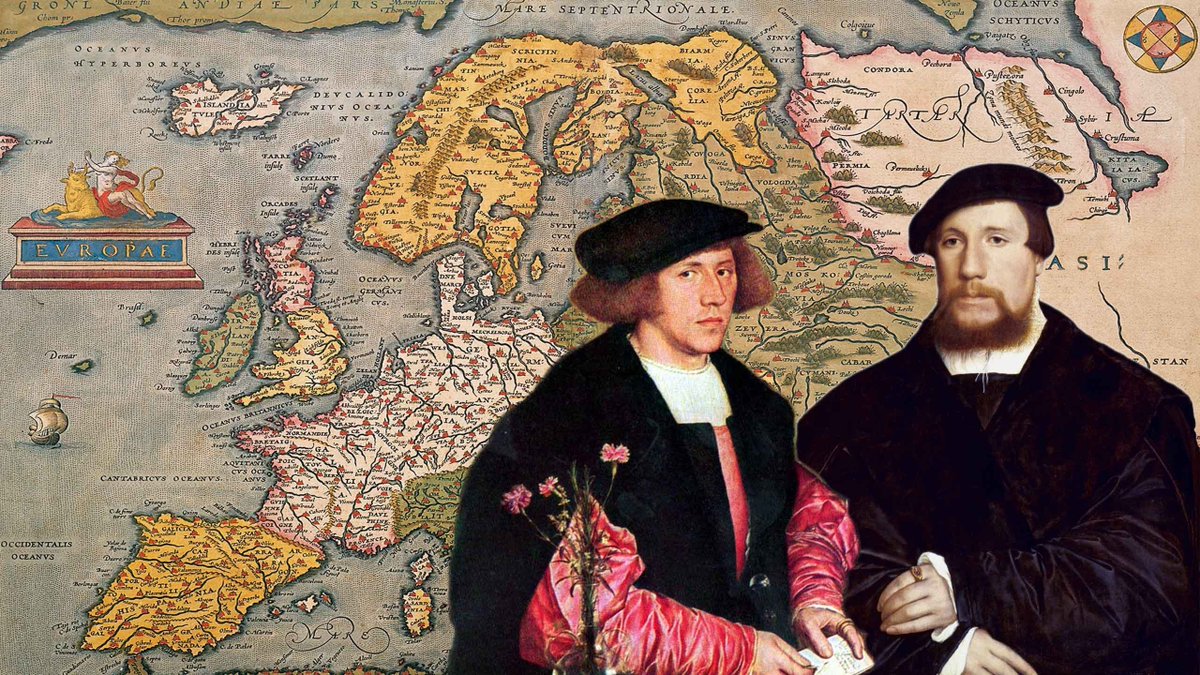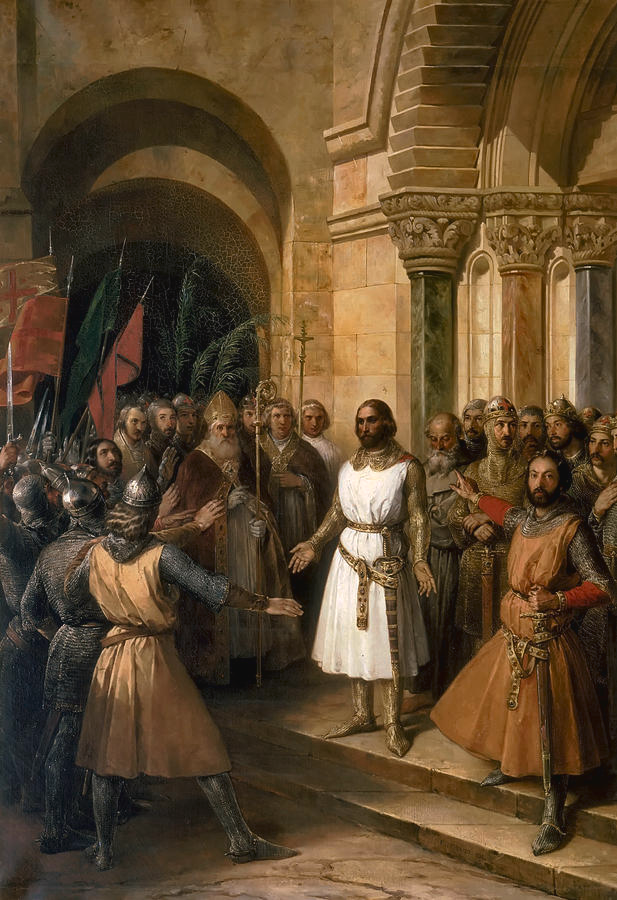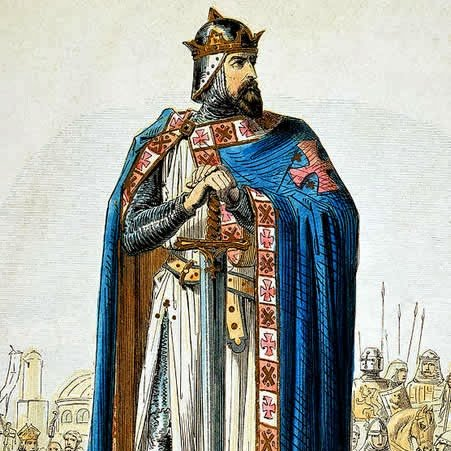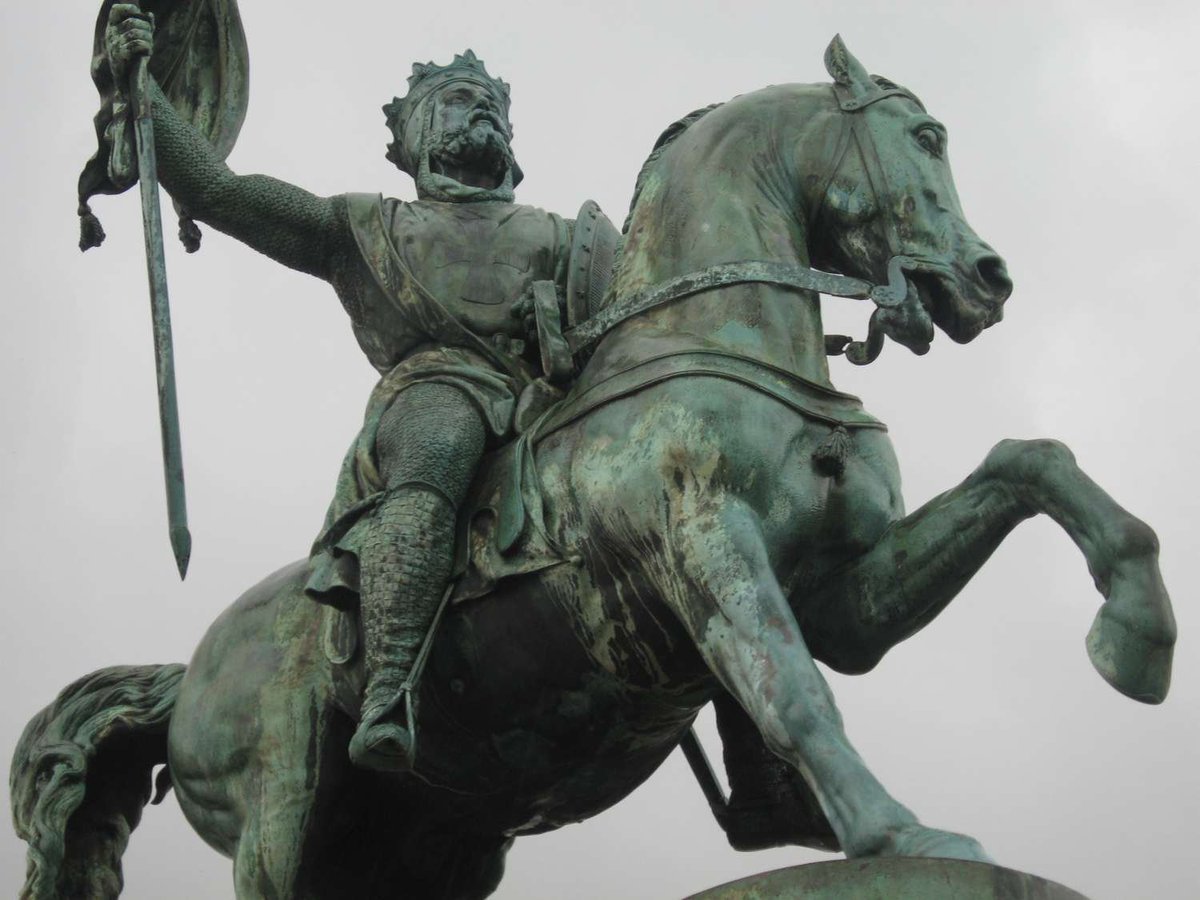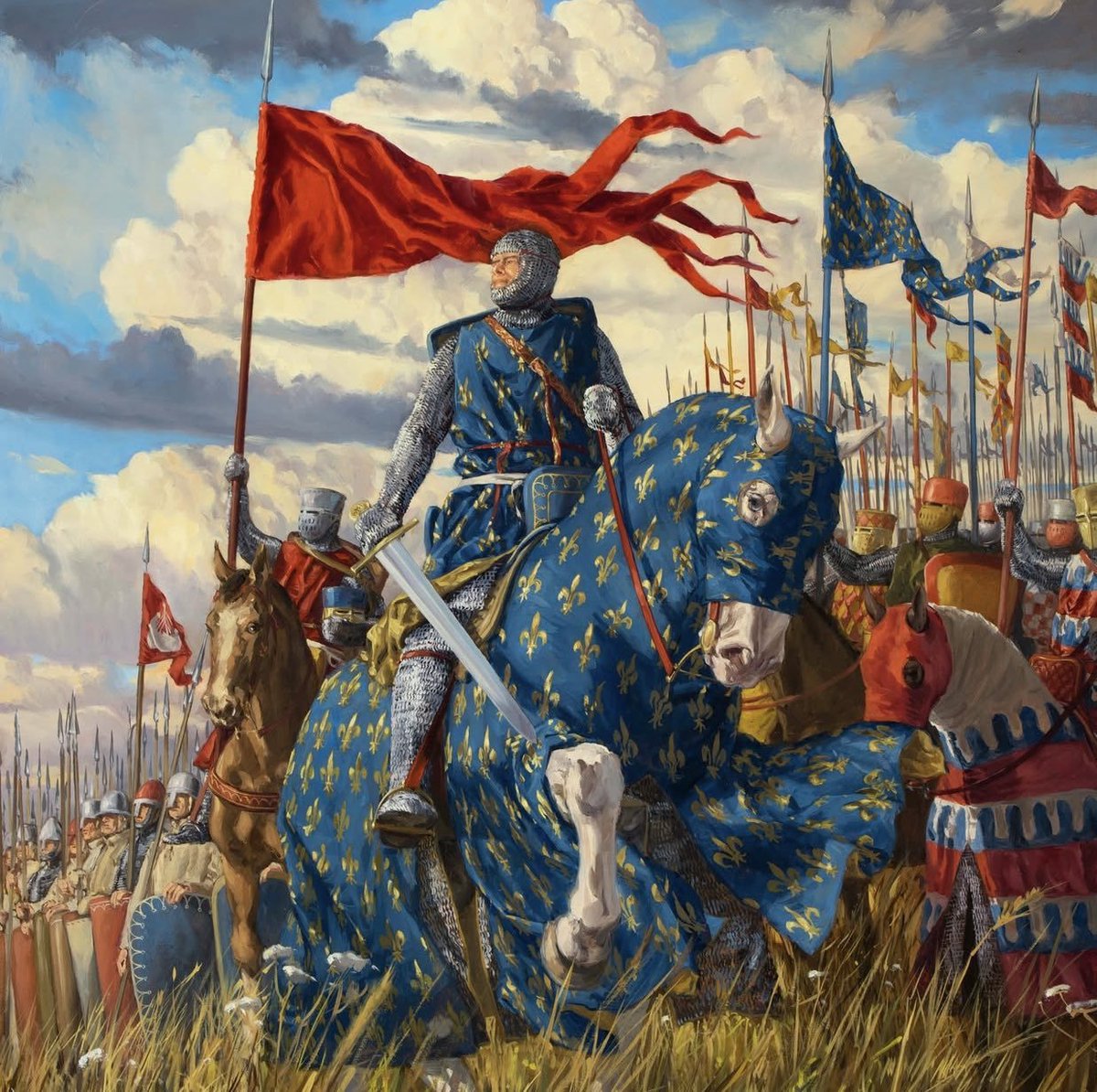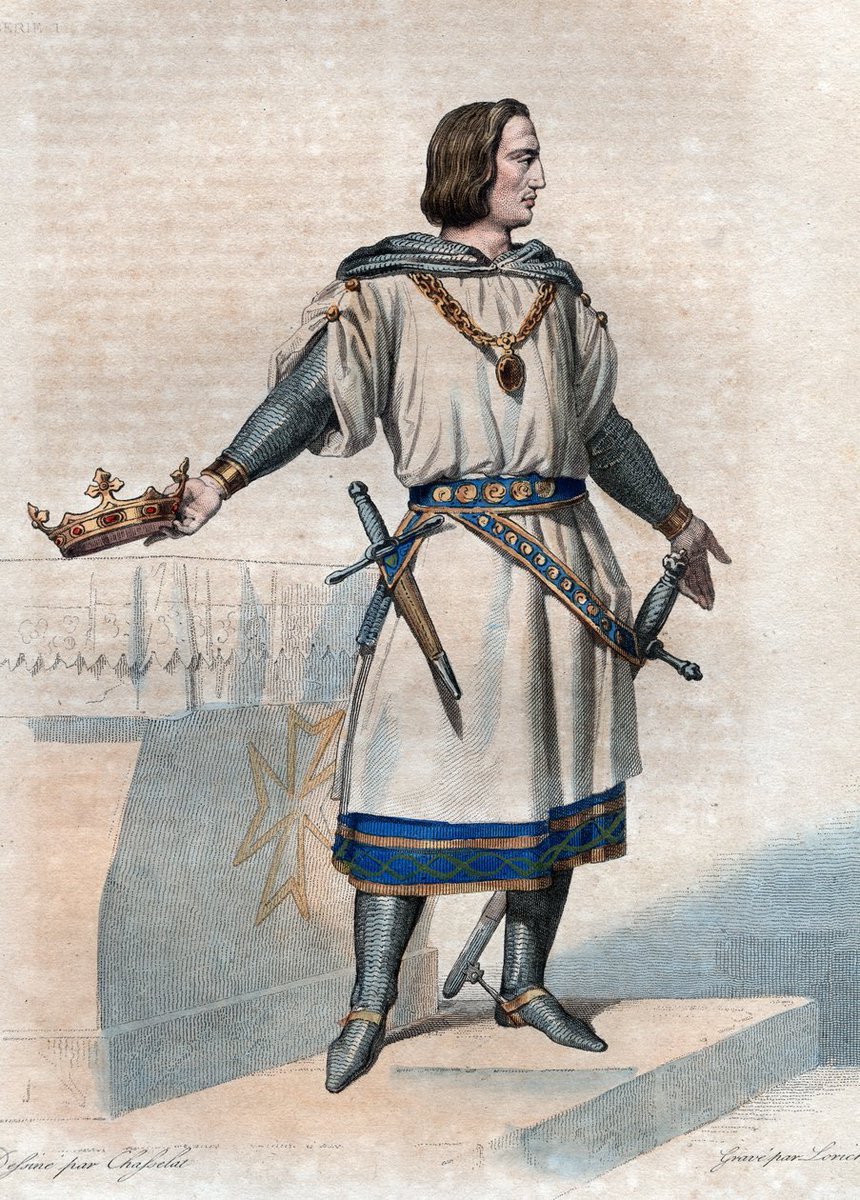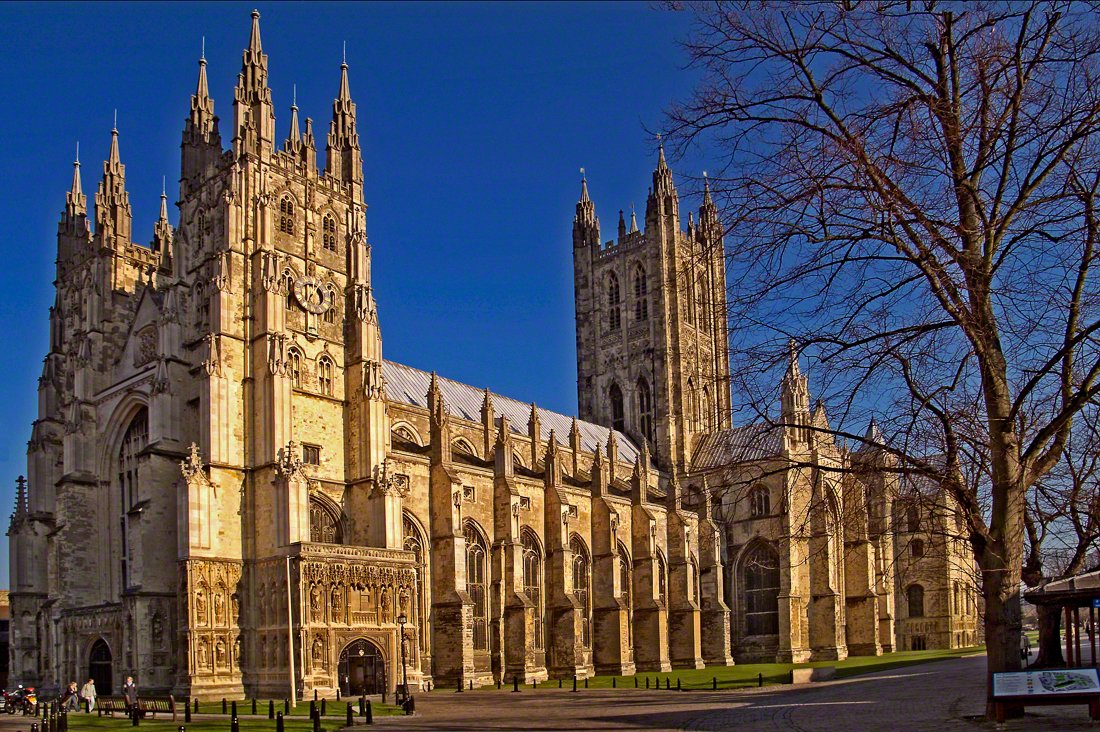Set against the backdrop of 14th century France.
Knights Jacques le Gris and Jean de Carrouges engaged in a brutal trial by combat. A tale of brotherhood, accusation and betrayal. A tale of comrades in arms would end in violent bloodshed.
Here is the story of The Last Duel 🧵
Knights Jacques le Gris and Jean de Carrouges engaged in a brutal trial by combat. A tale of brotherhood, accusation and betrayal. A tale of comrades in arms would end in violent bloodshed.
Here is the story of The Last Duel 🧵

Jean de Carrouges was born in the 1330s in Carrouges, France. He was a knight who had governance of estates in Normandy and was a vassal to Count Pierre d'Alencon.




Jean was a warrior who served on multiple campaigns. He fought in many under the leadership of Admiral Jean de Vienne against the Kingdom of England.
He is described in chronicles as "a rash and temperamental man" but is also described to have been a fierce and loyal soldier.
He is described in chronicles as "a rash and temperamental man" but is also described to have been a fierce and loyal soldier.

His counterpart. Jacques le Gris also hailed from Normandy. Jacques was the son of a minor Norman squire named Guillaume le Gris.



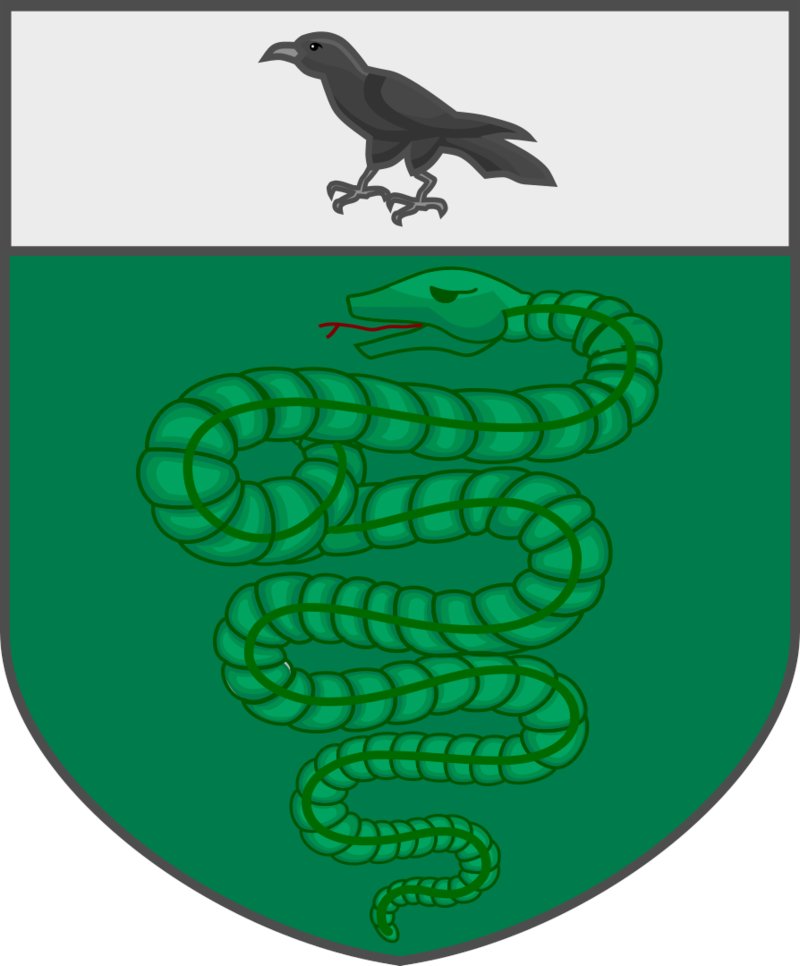
Jacques was educated from a young age and was able to read so well he could officiate at mass. Jacques was a man-at-arms and then squire in the service of the Count of Perche.
He participated in multiple campaigns in the entourage of Robert d'Alencon.


He participated in multiple campaigns in the entourage of Robert d'Alencon.


Both Jean and Jacques were knights of distinguished service to their Count and took part in battles of the Hundred Years War for France. 
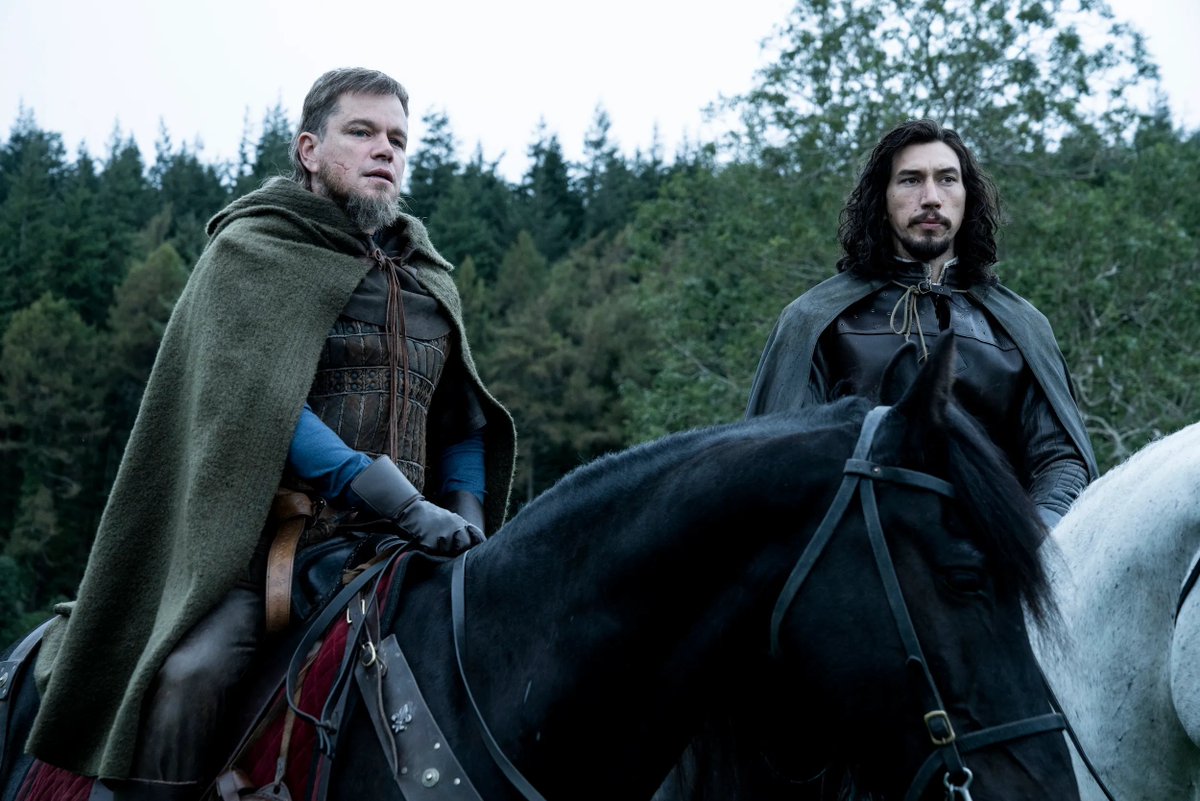
In 1380, Jean married his wife Marguerite, daugher of Robert de Thibouville. Robert was a Norman lord who had sided against France twice. He survived these betrayals of the kingdom.
Robert married his daughter to Jean in hopes to rebuild his family's social standing.
Robert married his daughter to Jean in hopes to rebuild his family's social standing.

Five years later in 1385, Carrouges joined the army of Jean de Vienne and sailed to Edinburgh on campaign. They would later siege and burn down Wark Castle.
The expedition was ultimately a failure and the French returned to Flanders defeated.
The expedition was ultimately a failure and the French returned to Flanders defeated.

Carrouges returned home, despite the failure of the expedition he is said to have distinguished himself on campaign and was knighted on the battlefield.
This greatly raised his standing in society and the money he would be paid.
This greatly raised his standing in society and the money he would be paid.

In January of 1386, Carrouges went to Paris for business. He traveled to Paris to collect the wages he earned from previous campaign. Only his wife and mother were at the village of Capomesnil. 

Before he left for Paris, Carrouges met with Count Pierre to tell him of his trip. Le Gris was present as well at the court and learned of Carrouges' soon departure to Paris.
Le Gris was described as a strong and large soldier as well as notorious womaniser.
Le Gris was described as a strong and large soldier as well as notorious womaniser.
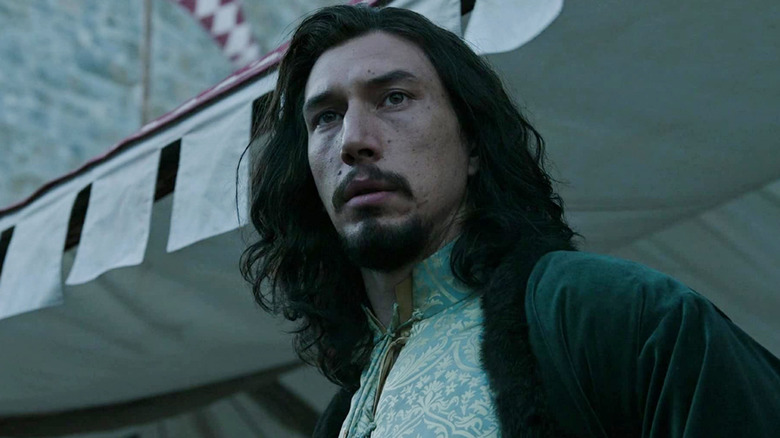
On January 18th 1386, Marguerite claims man-at-arms Adam Louvel knocked on the door of her chateau saying he had a loan to pay to Carrouges. Louvel suddenly told of Le Gris' presence and how he wished to see her.
Marguerite refused.
Marguerite refused.
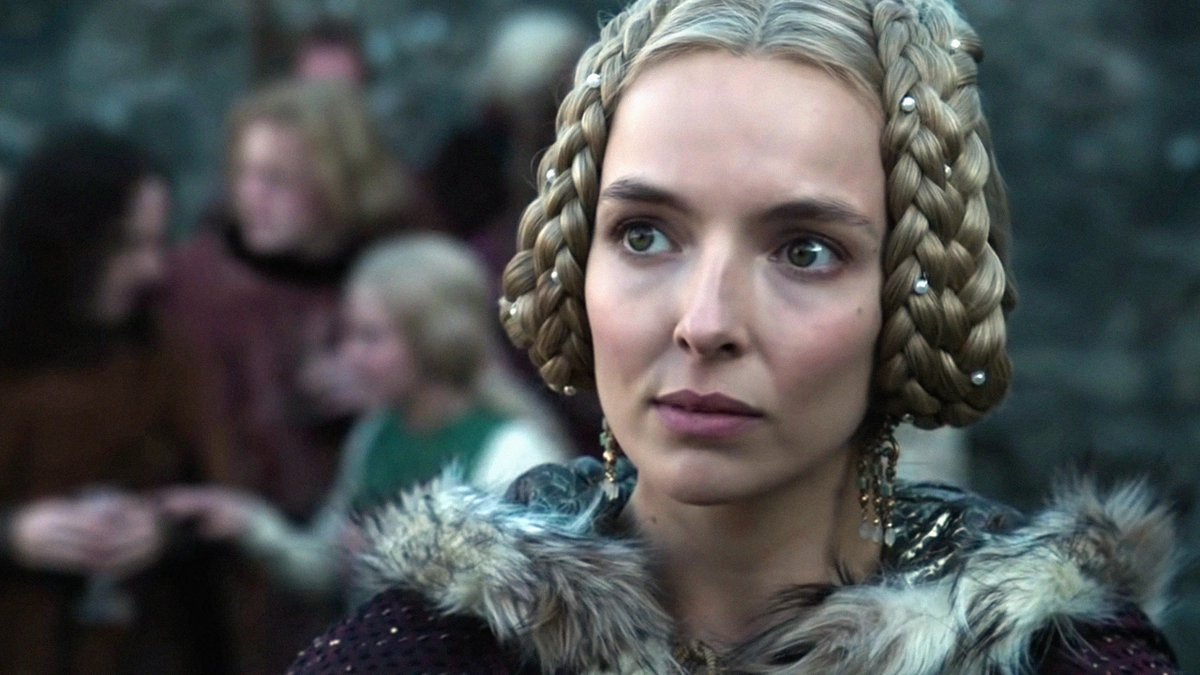
Louvel exclaimed "he loves you passionately, he will do anything for you and he greatly desires to see you".
Marguerite protested and Le Gris forced his way into the home, he offered her money to stay silent if they had an affair.
Marguerite refused.
Marguerite protested and Le Gris forced his way into the home, he offered her money to stay silent if they had an affair.
Marguerite refused.

What followed was a brutal and heinous crime. Le Gris proceeded to violently sexually assault Marguerite with the aid of Louvel and threatened to kill her if she told anyone.
She stayed quiet for several days until her husband Jean returned from Paris.
She stayed quiet for several days until her husband Jean returned from Paris.

Carrouges was told by his wife of what happened and was enraged. He summoned his courtiers, friends, his mother and most of Marguerites family to where Marguerite recounted her painful experience. 

What followed was legal proceedings against Le Gris with Count Pierre acting as judge. Pierre acquitted Le Gris of the crime and claimed that Marguerite was simply dreaming of the attack. 
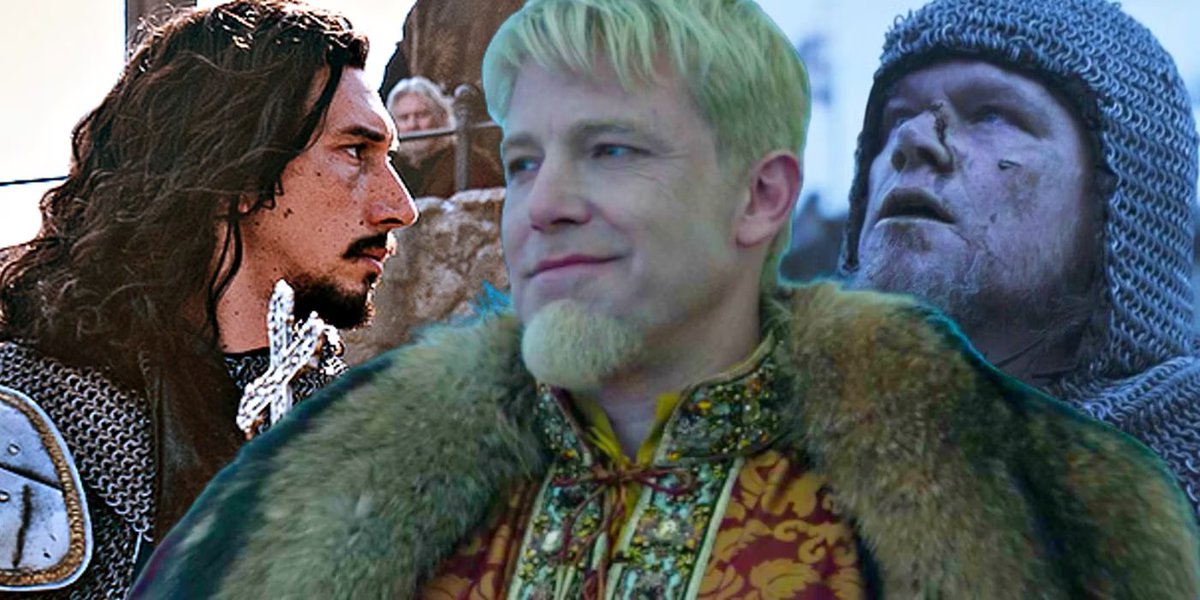
Carrouges traveled to Paris to appeal to the King of France Charles VI. Knowing it was her word against his word, Carrouges instead challenged Le Gris to a judicial duel, a trial by combat.
The survivor of the duel would be thus deemed the rightful claimant in the eyes of God.
The survivor of the duel would be thus deemed the rightful claimant in the eyes of God.
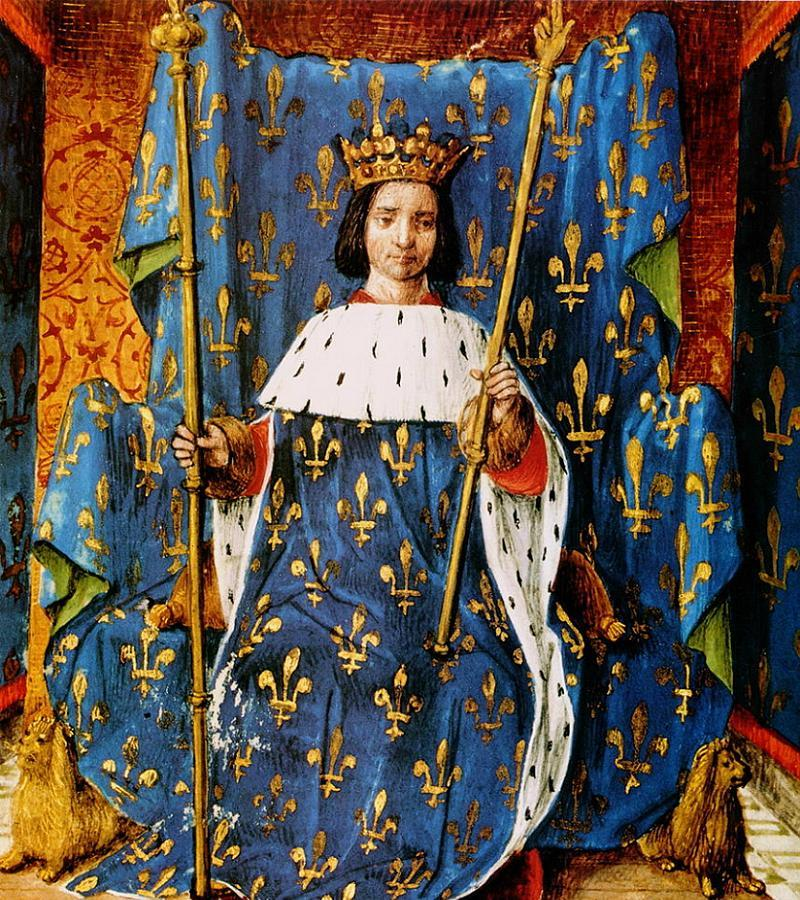
Duels such as this were once common, but by 1386 they were rare. After a long and arduous legal process, the French parliament declared the two knights would duel to the death on November 27th 1386. 

The jousting arena at the Abbey of Saint-Martin-des-Champs north of Paris would be the place to fight. King Charles wanted to be present so badly that when his travels were delayed, he had decreed the duel take place on December 29th. 
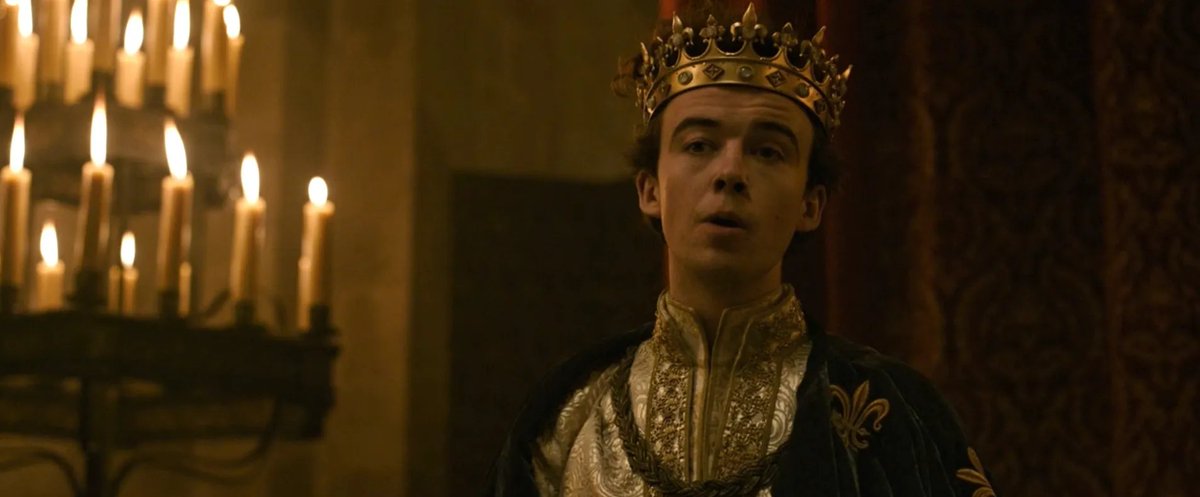
By early afternoon the two knights took the field. Mounted on horseback and dressed in plate armor. Armed with a lance, a longsword and a battle axe, this was dubbed the "Holy Trinity" as well as a long dagger named the Misericorde. This dagger was used to deal the final killing blow.
Both knights swore oaths to God, the Virgin Mary and Saint George, sanctifying God's judgement
Both knights swore oaths to God, the Virgin Mary and Saint George, sanctifying God's judgement
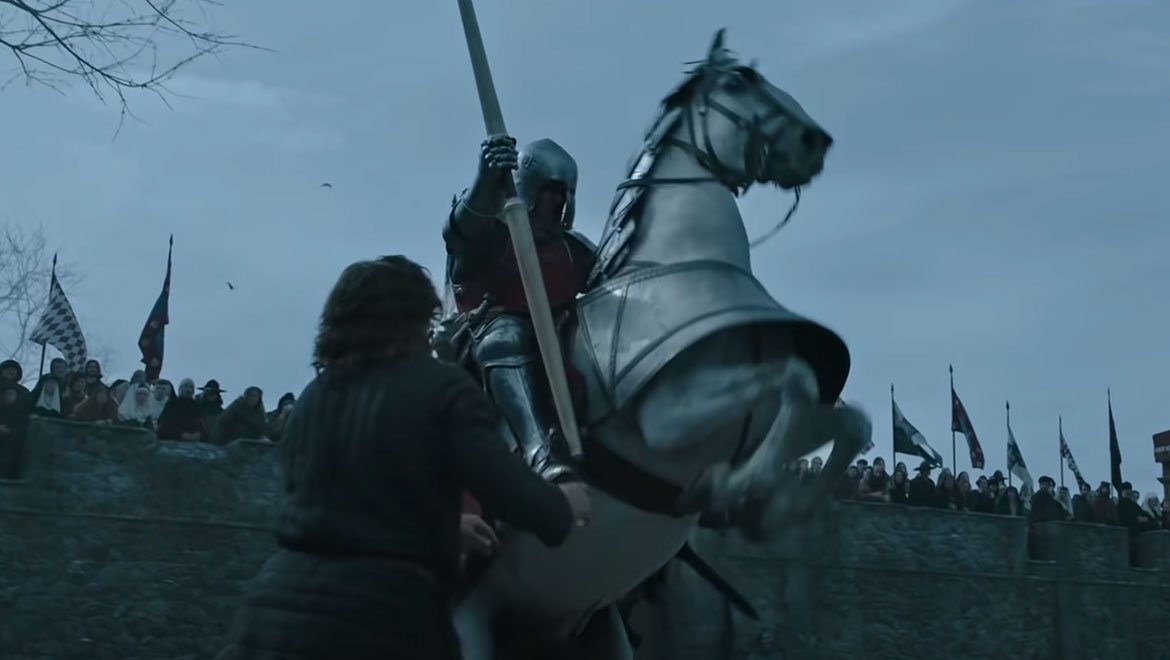
The King declared anyone who interfered in the duel would be executed and that anyone who shouted or verbally interrupted would lose a hand.
The knights charged with their lances three times until they shattered. They drew their axes and charged, Le Gris cleaved the neck of Carrouges' horse.
Sir Jean would jump clear and strike a killing blow to Le Gris' horse.
The knights charged with their lances three times until they shattered. They drew their axes and charged, Le Gris cleaved the neck of Carrouges' horse.
Sir Jean would jump clear and strike a killing blow to Le Gris' horse.

Both knights now on foot drew their swords. After several minutes of battle, Le Gris proved to be the larger man and gained the upper hand eventually stabbing Carrouges in the thigh. 

Le Gris stepped back and Carrouges grabbed him toppling him to the ground. Carrouges straddled Le Gris and used the handle of his dagger to smash the faceplate of Le Gris' helmet and removing it.
Carrouges demanded he confess, Le Gris denied and declared his innocence shouting: "In the name of God and on the peril and damnation of my soul, I am innocent".
Carrouges promptly took his dagger and drove it through Le Gris' throat, instantly killing him.
Carrouges demanded he confess, Le Gris denied and declared his innocence shouting: "In the name of God and on the peril and damnation of my soul, I am innocent".
Carrouges promptly took his dagger and drove it through Le Gris' throat, instantly killing him.
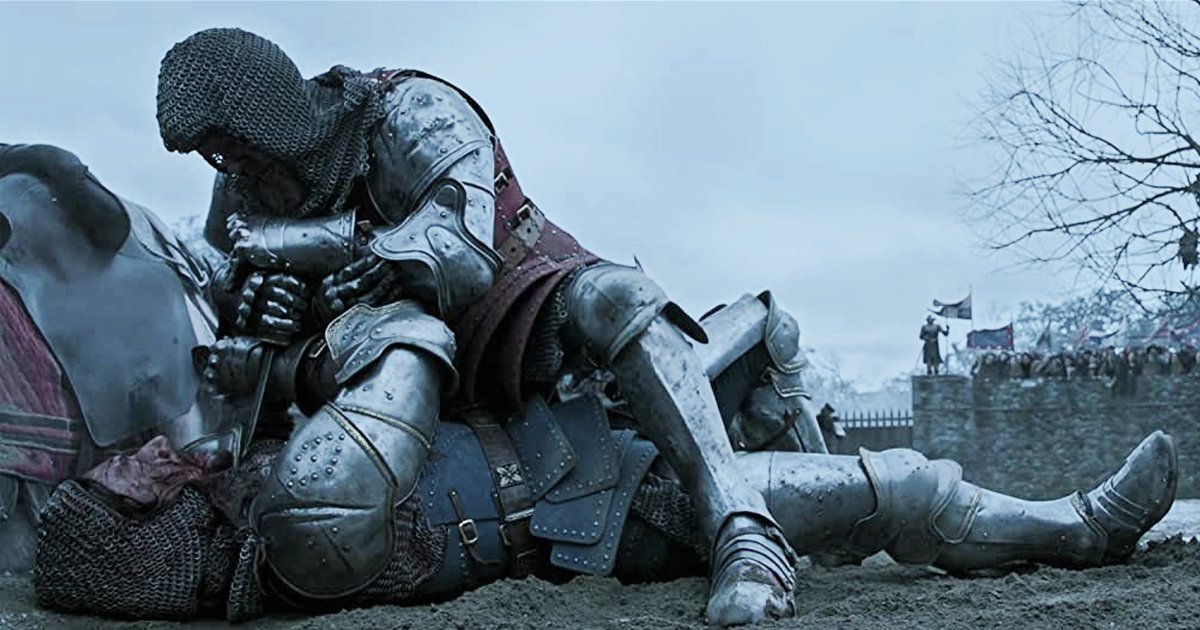
The crowd cheered for the victorious knight who kneeled before the king. The king awarded him a thousand francs and 200 more francs a year.
French Parliament awarded Carrouges six thousand livres in gold and a position in the Royal Household.
French Parliament awarded Carrouges six thousand livres in gold and a position in the Royal Household.
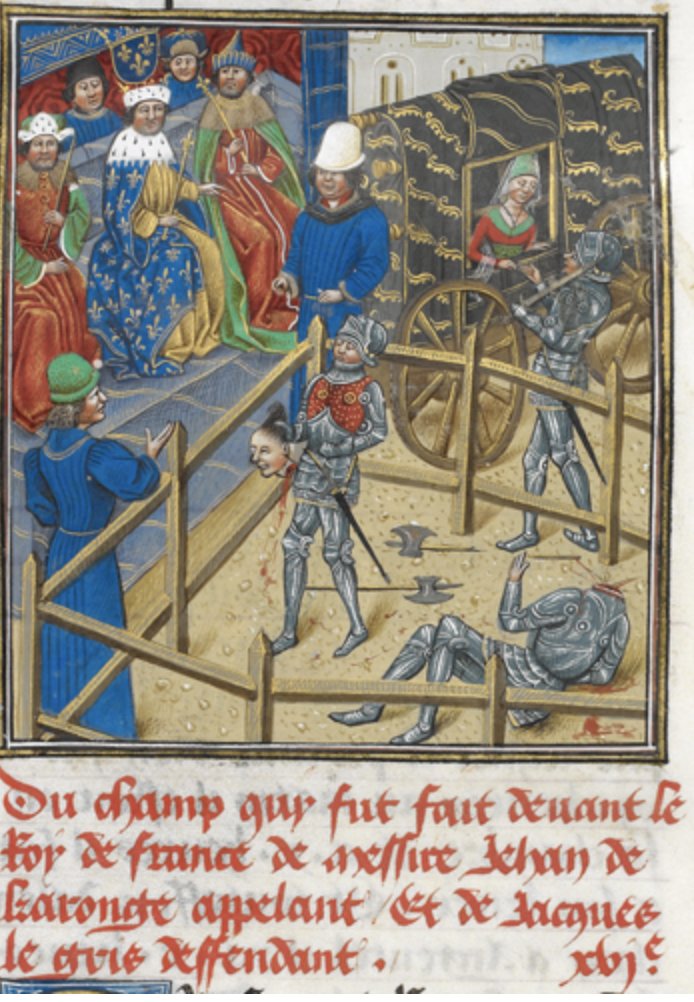
In 1391 Carrouges left to Hungary to investigate the threat of the Ottomans by the King.
In 1396, on the 25th of September at the age of 66 after a forty year military service, Sir Jean de Carrouges was killed at the Battle of Nicopolis.
In 1396, on the 25th of September at the age of 66 after a forty year military service, Sir Jean de Carrouges was killed at the Battle of Nicopolis.

If you enjoyed this thread, please consider following me and reposting the original post linked here:
https://twitter.com/MedievalScholar/status/1783928633423253613
Who do you believe was right in the case?
• • •
Missing some Tweet in this thread? You can try to
force a refresh





